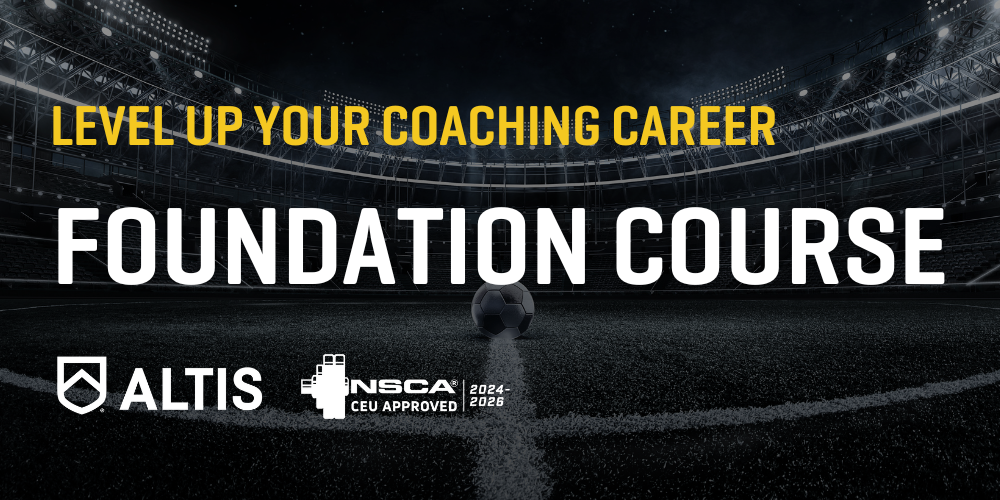Socratic questioning, a concept inspired by the ancient philosopher Socrates, is all about sparking deeper thought and reflection through probing questions.
For coaches, this approach can be a game-changer. It moves beyond traditional instruction, inviting athletes to think critically about their actions, motivations, and the intricacies of their sport.
John Wooden, the revered UCLA basketball coach, perfectly exemplified this approach. He famously believed that true teaching and learning go hand-in-hand, emphasizing that the job of a coach is to facilitate learning and growth.
He's often quoted for his wisdom on education's impact, suggesting, "It's what you learn after you know it all that counts" [1]. Wooden's legacy is a testament to the power of coaching that focuses on developing thoughtful, self-reliant athletes.
UNWRAP THE BENEFITS
Athletes coached with Socratic questioning tend to develop a stronger sense of independence, becoming more adept at analyzing situations and making decisions.
They also gain a deeper understanding of their sport, seeing beyond the physical execution to the strategy and thought processes behind their actions.
This approach not only enhances their performance but also builds resilience and adaptability, crucial traits for athletes and individuals alike.
Introducing Socratic Questioning
Adopting Socratic questioning in coaching can recalibrate how athletes engage with their sport, regardless of their level. If you're looking to implement this technique, the transition may seem daunting, but the steps are straightforward and deeply rewarding.
The journey begins with fostering an environment where questions are not just encouraged but are an integral part of the learning process.
Start with simple, open-ended questions that prompt athletes to reflect on their experiences, decisions, and the rationale behind their actions. This process helps athletes develop a deeper understanding of their sport, their motivations, and the strategies they employ.
Following, we list a few tips to get started on specific areas you may be struggling with:
Initiate Self-Reflection:
Encourage athletes to look inward and evaluate their performances and decisions.
Questions like, "What was the most challenging aspect of the game for you?" can lead to valuable introspection.
Stimulate Team Dialogue:
Create opportunities for athletes to discuss their thoughts and strategies collectively.
Post-game questions such as, "How could we have worked together more effectively?" can foster teamwork and collaborative problem-solving.
Promote a Learning Mindset:
Shift the focus from outcomes to the process of growth and improvement.
Inquiring, "What lessons can we take from this experience?" places value on learning from every situation.
Promote Self-Discovery:
Facilitate a journey of self-discovery by asking questions that encourage athletes to explore their internal motivations and goals.
Questions such as, "Why is achieving this goal important to you?" can lead to greater motivation and commitment.
YOUR TAKE HOME
Incorporating Socratic questioning into your coaching practice enriches the athletic experience, transforming it from a series of instructions to a journey of discovery and learning.
By adopting this method you can expect to see changes in how athletes approach challenges, value commuication, and a net-positive gain in the coach-athlete relationship.
As John Wooden and Socrates themselves might agree, the journey of learning is infinite, and the unexamined game is indeed not worth playing.
LEARN MORE
If you're intrigued by the concepts such as Socratic questioning, the ALTIS Foundation Course offers a deep dive into this and many other essential coaching principles.
This NSCA Accredited course is designed to build the foundational knowledge every coach needs, whether you're just starting out or looking to elevate your coaching techniques.
Explore a comprehensive curriculum that covers everything from the fundamentals of coaching philosophy to the practical application of cutting-edge sports science. Start your journey to becoming a more effective, thoughtful coach today.
References
1. Wooden, John, and Steve Jamison. "Wooden: A Lifetime of Observations and Reflections On and Off the Court." McGraw-Hill, 1997.
2. Duckworth, Angela. "Grit: The Power of Passion and Perseverance." Scribner, 2016.


